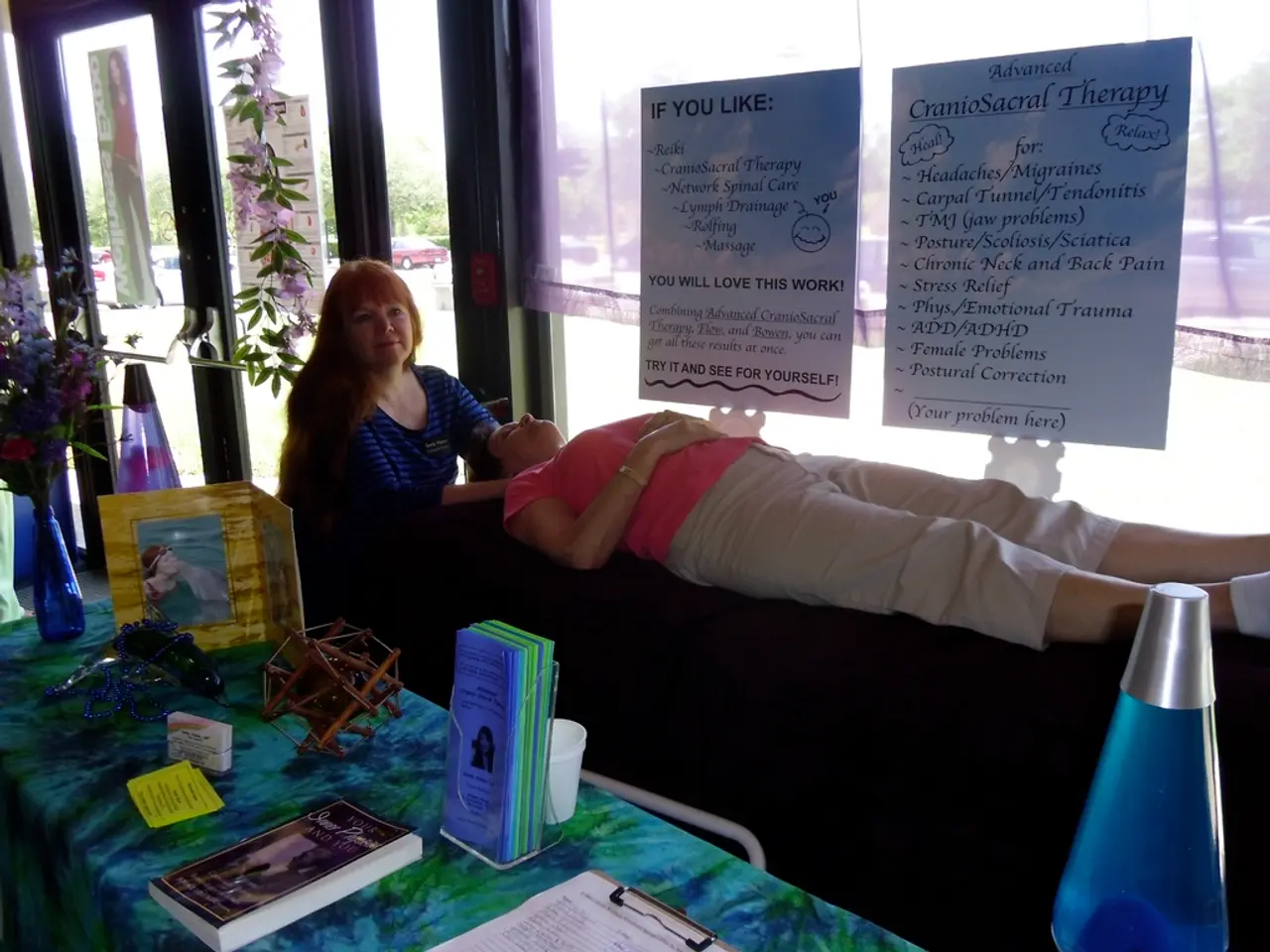Complex Trauma Explained: Symptoms, Case Studies, and Healing Methods
In the realm of mental health, complex trauma has emerged as a significant concern, affecting a substantial portion of the population. This condition, also known as Complex Post-Traumatic Stress Disorder (C-PTSD), shares many similarities with classic PTSD symptoms but is often the result of a series of traumatic events experienced over a prolonged period, such as months or years.
Approximately 3% of people in the United States meet the criteria for complex trauma. These traumatic experiences can stem from a variety of sources, including unresolved psychological trauma experienced by descendants of Holocaust survivors, war victims, genocide survivors, victims of terror and torture, slavery, and other violent or catastrophic events.
For those living with complex trauma, the limbic system, a key part of the brain, remains engaged most of the time. This constant activation creates a "new normal" for the brain and body, leading to a host of symptoms such as lapses in memory, difficulty regulating emotions, hyperarousal, dissociation, depersonalization or derealization, sleep disturbances or nightmares, and struggles in interpersonal relationships.
However, there are effective therapies and coping mechanisms available. Dialectical behavioral therapy (DBT) and cognitive behavioral therapy (CBT) have been shown to be effective for people living with borderline personality disorder (BPD), which has many overlapping symptoms with complex trauma. Internal family systems (IFS) and Eye Movement Desensitization and Reprocessing (EMDR) are also effective therapies for complex trauma.
In addition to these therapies, deep breathing exercises, meditation, and trauma-informed yoga sessions can provide valuable tools for managing complex trauma symptoms. Somatic (body) therapies can help teach the body that it does not have to be prepared for trauma all the time, reducing the body's stress response.
Substance abuse and mental health services are available for those who want to cut back on using drugs or alcohol as a coping mechanism. It's important to remember that seeking help is a sign of strength, not weakness.
Complex trauma can distort your sense of self, making it difficult to control your emotions and causing relationship challenges. However, with the right support and resources, it's possible to manage and overcome the effects of complex trauma. If you or someone you know is struggling, please reach out to a mental health professional for help.








